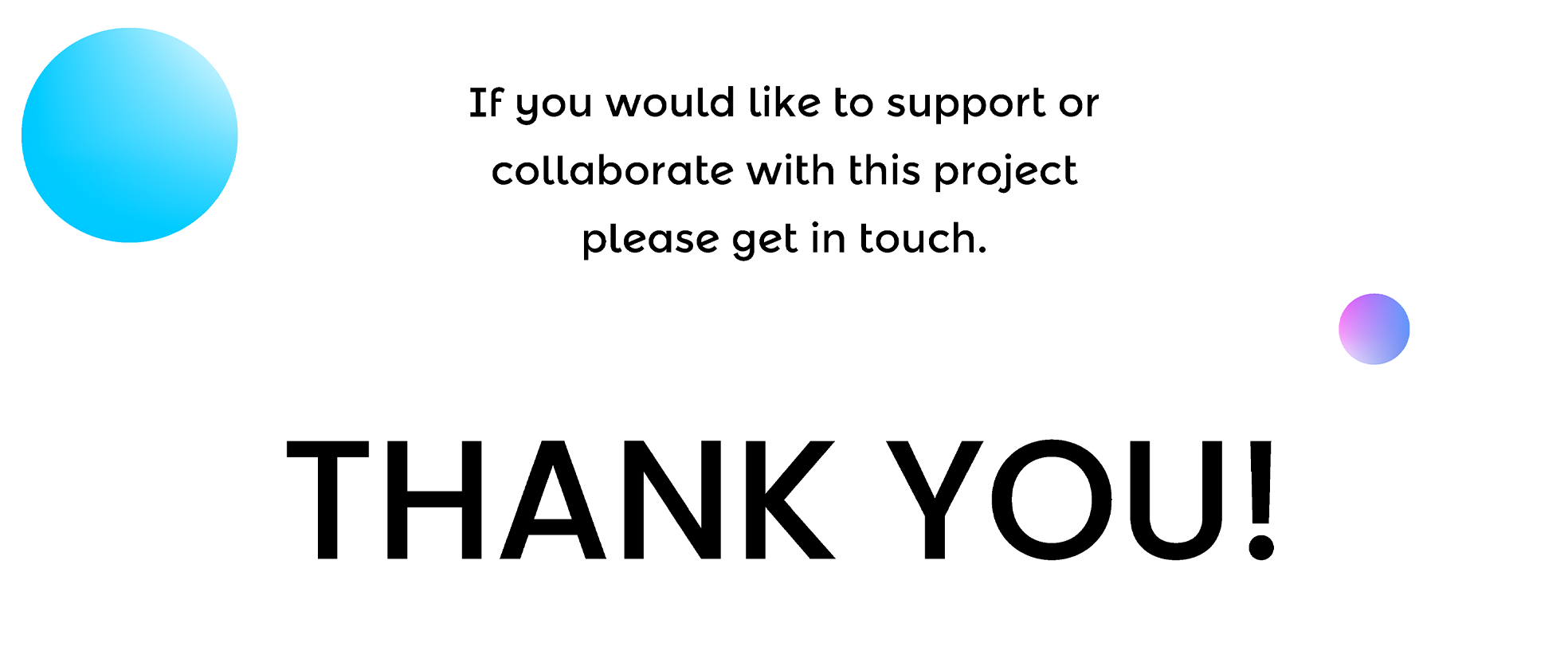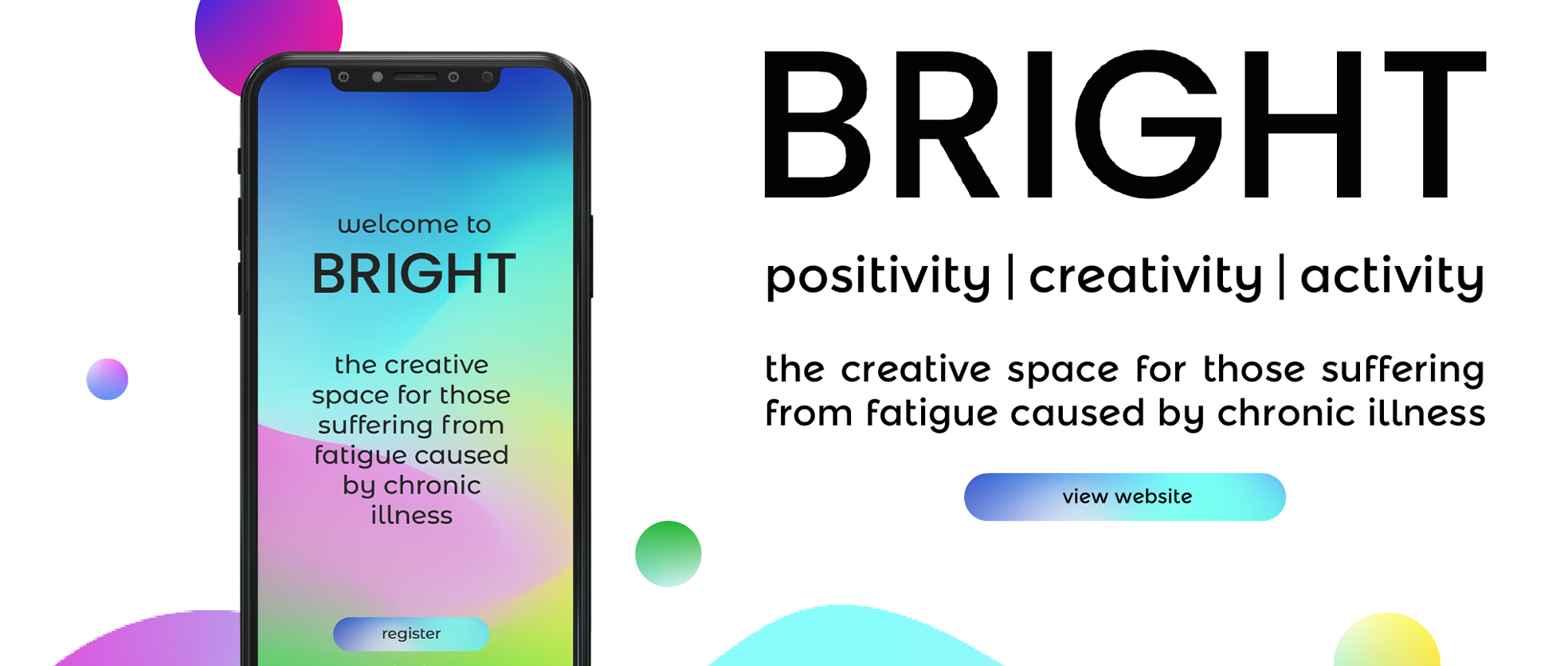I will be interviewing a range of people closely affected by IBD. I want to gain knowledge about their own personal experiences with the disease and their opinions on it. I also want to hone in on the feeling of isolation and loneliness that can be caused due to symptoms. This is an assumption that I made at the beginning of this project and I now need to focus in on this and prove if this is true and if so what is the cause of this isolation. This will then allow me to attempt to resolve it during my project.
As advised by Tim Shaw from Hospital Rooms, I will need to ask open-ended questions to gain more unique and engaging feedback that will help my project. I had some original example questions that definitely did not do this.
- Have you ever felt isolated because of your illness?
- During flare-ups do you find that you are isolated physically or mentally?
- If physically isolated, are you isolated alone or with other people?
- Where are you (predominantly) isolated, in the locality (cannot travel), to your residence (your local shops), your home (can’t leave the house), a space (such as your bedroom)?
- You believe that your surroundings have an effect on your mood.
In these questions, I know what I want the answers to be. I need to push for them to give me their opinions on these specific topics. To do that I have updated these questions to the following.
- During a flare of your illness, what are the most debilitating symptoms that you experience?
- Some of these symptoms can usually have an impact on your social life, what effects did it have on you?
- What kind of impact do these symptoms and change to your social life have on your mental wellbeing?
- During a flare, you are usually isolated in one space, whether that’s your local area because you don’t want to travel, your neighbourhood as you can only just about get to the local shop, or whether it is your house or even your bedroom. What resonates with you more during a flare and how does this affect the people around you or share the same space as you.
- Being unable to do what you want and go where you want can be extremely frustrating, how does this make you feel?
- When you are in a flare and you are often feeling frustrated at not being able to do what you want or go where you want, do you have anything you find that helps you feel better? such as an activity to distract you whilst stuck at home?
- What are your opinions on your surrounding/space around you affecting your wellbeing? positively or negatively?
Interview Responses
“Working from home is a must for me!”
“its so hard to explain to anybody else because you look okay, and the assumption is there that you are fine but the concentration does not exist.”
“I went to by GP about [my fatuige] and he said ‘you are depressed, because you are telling me you are not doing the things you normally enjoy doing.’ and I said, ‘I get what you are saying, that this is the outcome of this, but I’m not doing them because I can’t physically or mentally deal with doing them right now because I am too tired. That’s what I’m say about. I am probably miserable, but that is because I can’t do the things I want to do. Not the other way round.”
“Even reading a book or going out which i really like spending my time, but im just too tired to be as upbeat as you need to be for everybody else. I’m just too tired!”
During a flare of your illness, what are the most debilitating symptoms that you experience?
“The fatuige and missing out, its not a symptom, but that is the result of all the other symptoms. Not only not being able to do the things I really want to do, but having to miss out on things. Seeing everyone go out and being invited out place. I see the posts go out on facebook and I could genuinly sit at home and cry about it. I really wanted to be there, but once I got there I wouldve been too tired and would want to come home straight away.”
“You can cope with pain, no matter how bad it may be. There are comforts, whether its taking pain killers or hugging a hot water bottle. But you can’t just ‘get on with it’ with fatuige. If you’re physically too tired to do something. You are physically too tired to do it.”
“The pain. Abdominal pain, ache, not being able to eat. Which then leads on to me feeling weak and fatigued”.
Some of these symptoms can usually have an impact on your social life, what effects did it have on you?
“Very much so!”
“I am much less inclined to go out and meet people. Not that I go out often, but when I want to this can usually get in the way.”
“I wouldn’t say that I am fit, but I do quite a lot of activities and exercise. I tend to go out on my bike quite a lot and it prevents me from doing that sometimes. Stops me from doing stuff that I enjoy.”
What kind of impact do these symptoms and change to your social life have on your mental wellbeing?
“There was a point a few years back, where my friends (at the time) just stopped inviting me. And that was fucking gutting. I felt like I was on the outside, I wasn’t good enough. I know I didn’t go out a lot, but on the occasion, I did say yeah. So it was like, okay, now I don’t have any friends at all. That’s the kinda place you find yourself in
“Sometimes you have the energy, but other times you just don’t”
“The friends I have now, that don’t expect me to always be there or have enough energy, and thats okay. Anyone that was making me feel guilty I ended up just cutting out. The friends that I have now who ask me out and I say I cant, its fine. They would even offer to come to me instead and make me tea!”
“You are disinclined to go out. If people want to go out for a meal and it winds me up because that means that I will be the odd one out. I wouldn’t go but the stress of that would, in turn, make my symptoms worse because of worrying.”
During a flare, you are usually isolated in one space, whether that’s your local area because you don’t want to travel, your neighbourhood as you can only just about get to the local shop, or whether it is your house or even your bedroom. What resonates with you more during a flare and how does this affect the people around you or share the same space as you.
“I’ve always been so self-sufficient. Asking people for help is the worst part for me.”
“I have had periods of time where I have been, my mum was with me for my first, so she supported me. I’ve also had a past boyfriend who looked after me too. Friends also have offered their help
“I don’t want people around me to see it. What I am experiencing.”
“Everyone is different, I feel my symptoms are different to other people. I wouldnt be stuck at home because I’m tied to the toilet like some people. I would be because of the pain or because I’m throwing up. I have also periods where I have been at home for long periods of time recovering of my IBD related surgeries I definitely have had periods where I have been at home for long periods of time recovering.”
Being unable to do what you want and go where you want can be extremely frustrating, how does this make you feel?
“I have dealt with it for so many years now, and I have become so adjusted. My tolerance to pain, not eating much or anything exciting, and it is just the same for getting used to missing out on things.”
“I know that stress makes me worse so I have learnt to try to calm myself down if I am going out or if I cannot go out”
When you are in a flare and you are often feeling frustrated at not being able to do what you want or go where you want, do you have anything you find that helps you feel better? such as an activity to distract you whilst stuck at home?
“I used to get the joy from blogging, but that would also rely on mental energy. But if I didn’t have the energy I would curl up into a ball in bed with my dogs. I’d watch things on Netflix that wouldn’t take my mental capacity.”
“Cooking is a great way of distracting myself and keeping busy. Because its a rewarding hobby, I like making food that tastes good. But it very much is energy dependent.”
What are your opinions on your surrounding/space around you affecting your wellbeing? positively or negatively?
“I used to live in a flat which had damp, so I had to take down all the wallpaper and there was this horrible wall that I couldn’t stand to look at. Plus the sofas were uncomfortable so I never wanted to sit in the living room.”
“You don’t really how importance your bedroom or living room is until you suddenly cannot leave.”
“I try and improve the space that I’m in because I know that’s where I’m going to spend most of my time, and it needs to be my happy place.”
“The cosy fluffy stuff makes you feel so much better. Blue, white bright lights are not comforting (led). Salt lamps. Fluffy socks, my poorly socks.”
“Finding your own form of creativity that makes you feel a sense of achievement. Not everything works for everyone, so a way of allowing to be creative in their own right.”
Quantitative Surveys
Describe your personal experience with fatigue…
- “I don’t know how I still keep going – the fatigue is the worst bit. It’s changed who I am as a person.”
- “Having to explain what brain fog is, and why sleep won’t help me feel better. Just because I look okay, doesn’t mean I feel okay. One of the hardest symptoms of the disease because you can’t take painkillers or prove that it’s real to people.”
- “Struggle to give my daughter the attention she deserves, it’s an awful feeling x”
- “Worse part is the guilt you feel as a parent some days :(“
- “It’s a never-ending nightmare”
- “People don’t understand how debilitating it is and they expect you to be able all the time!”




